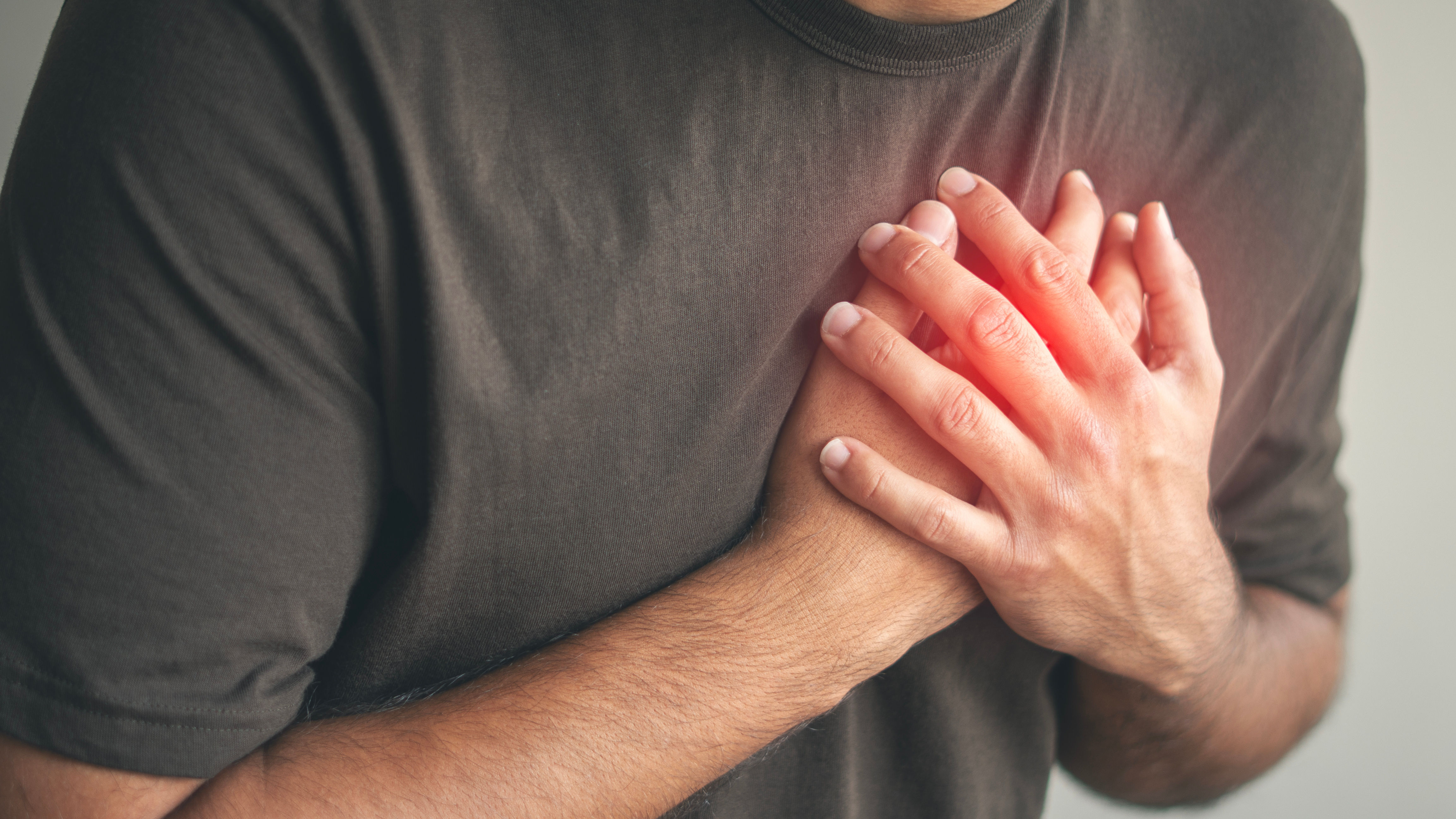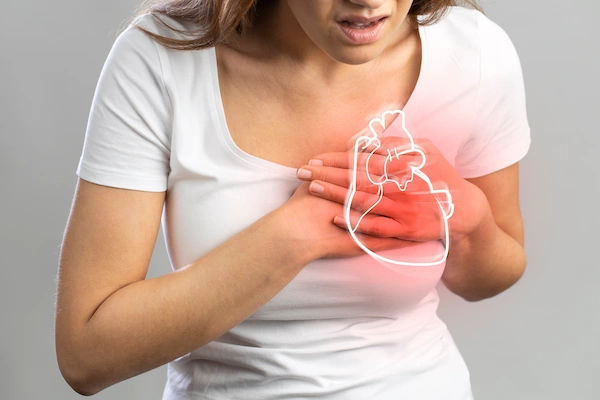- male
- 50 Years
- 10/05/2022
Is heart disease more common in people with diabetes?
Answered by 1 Apollo Doctors
Yes with time, raised blood sugar levels can damage the blood vessels and nerves that control the heart. Additionally, people with diabetes are also more likely to have other conditions that raise the risk for heart disease such as high blood pressure and deranged cholesterol or triglyceride levels.
Dr. Dr Khaleel Suggests...
Consult a Cardiologist
Answered 04/07/2025
0
0


Ask Apollo
AI powered Health Chatbot
Heart disease is indeed more common in 50-year-old males with diabetes. Here's why:
-
Increased Risk Due to Diabetes:
a. Diabetes can damage blood vessels and nerves that control the heart, increasing the risk of heart disease. -
Age and Gender Factors:
a. Men around the age of 50 are already at a higher risk for heart disease compared to younger individuals and women of the same age. -
Combined Effect:
a. When diabetes is present, it significantly raises the chance of developing conditions like coronary artery disease, heart attacks, and other cardiovascular problems.
Recommendation:
- Manage blood sugar, maintain a healthy lifestyle, and have regular check-ups to monitor heart health.
- Consult a healthcare provider for tailored prevention and treatment strategies.
Recommended next steps
Consult a Cardiologist or Consult a Diabetologist
Answered 20/08/2025
0
0
More Cardiology Health Queries
View allI'm feeling really anxious about the possibility of a cardiac arrest. I've had an EKG and an echo, and both came back normal, but I'm still worried. Are there any other tests you think I should consider to be on the safe side?
If they are normal no neeed to worry meintain healthy life style
Answered by 1 Apollo Doctors
I'm dealing with a right bundle branch block and experiencing some head dizziness that just won't go away. It's been really hard to focus at work because of these syncope episodes. Do you have any advice or remedies that might help with this?
It's important to address the underlying cause of your symptoms. In the meantime, to help manage your dizziness, you can try taking Betahistine (brand name: Serc) at a dose of 16 mg three times a day. This medication can help improve blood flow in the inner ear and reduce dizziness. Additionally, make sure to stay hydrated, avoid sudden movements, and consider wearing compression stockings to improve blood flow. If your symptoms persist or worsen, please seek further medical evaluation.
Answered by 1 Apollo Doctors
I'm really anxious about my mom's recent TMT test results. They came back as mildly positive and I'm not sure if that's a good sign or something we should be worried about. Can you help me understand what this might mean for her health?
An echo is advised and also caediac markers
Answered by 1 Apollo Doctors
Disclaimer: Answers on Apollo 247 are not intended to replace your doctor advice. Always seek help of a professional doctor in case of an medical emergency or ailment.





